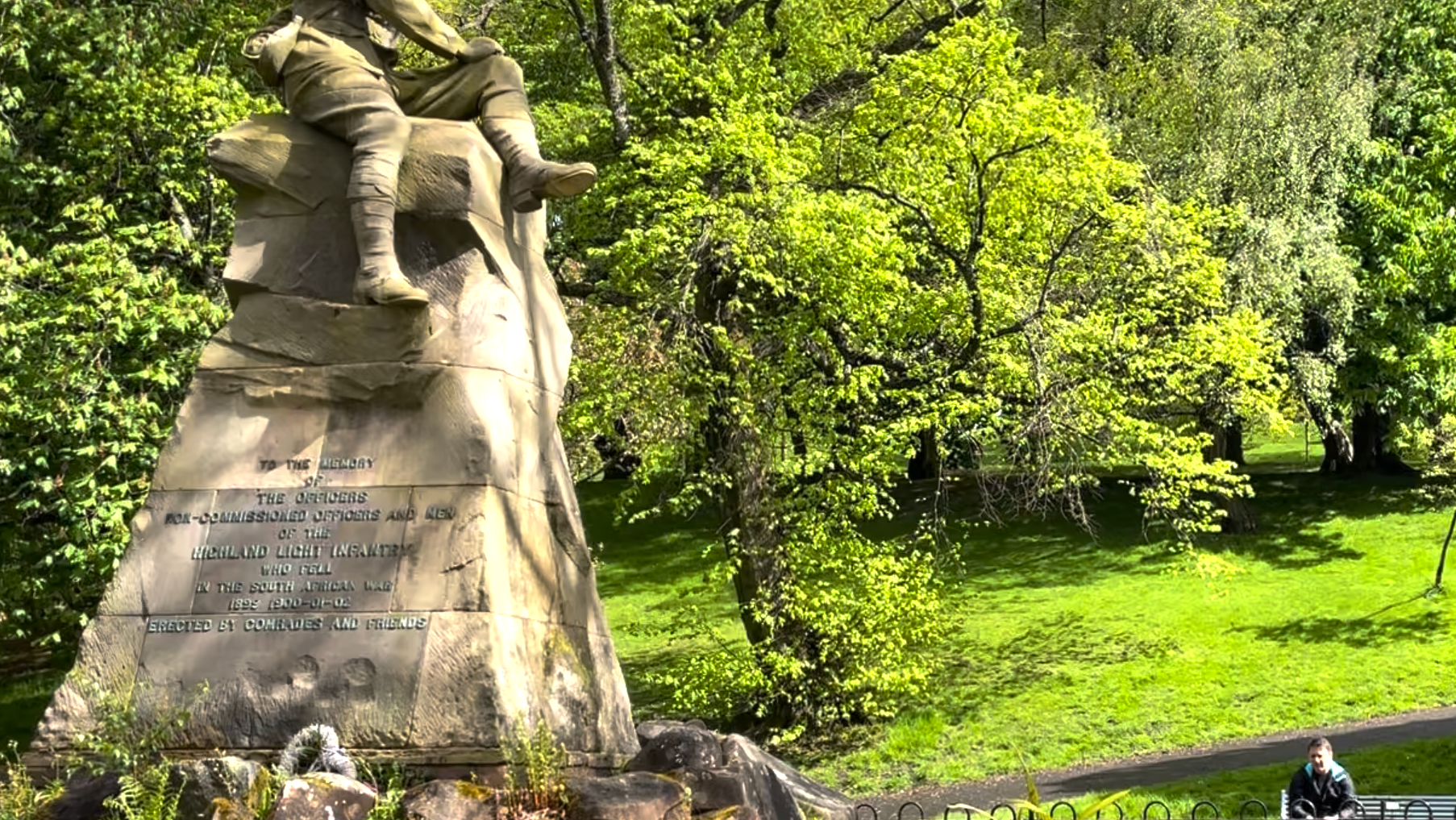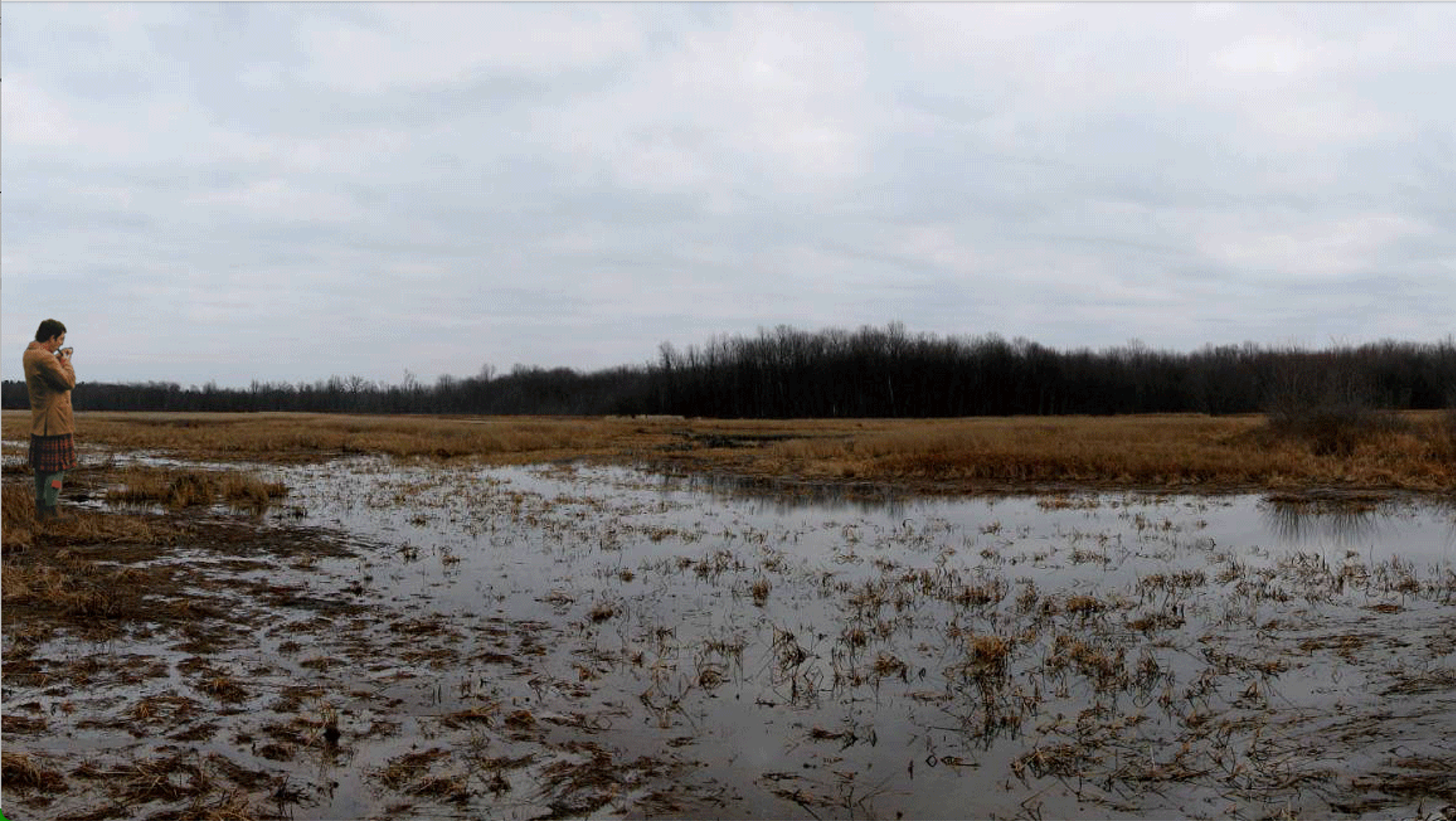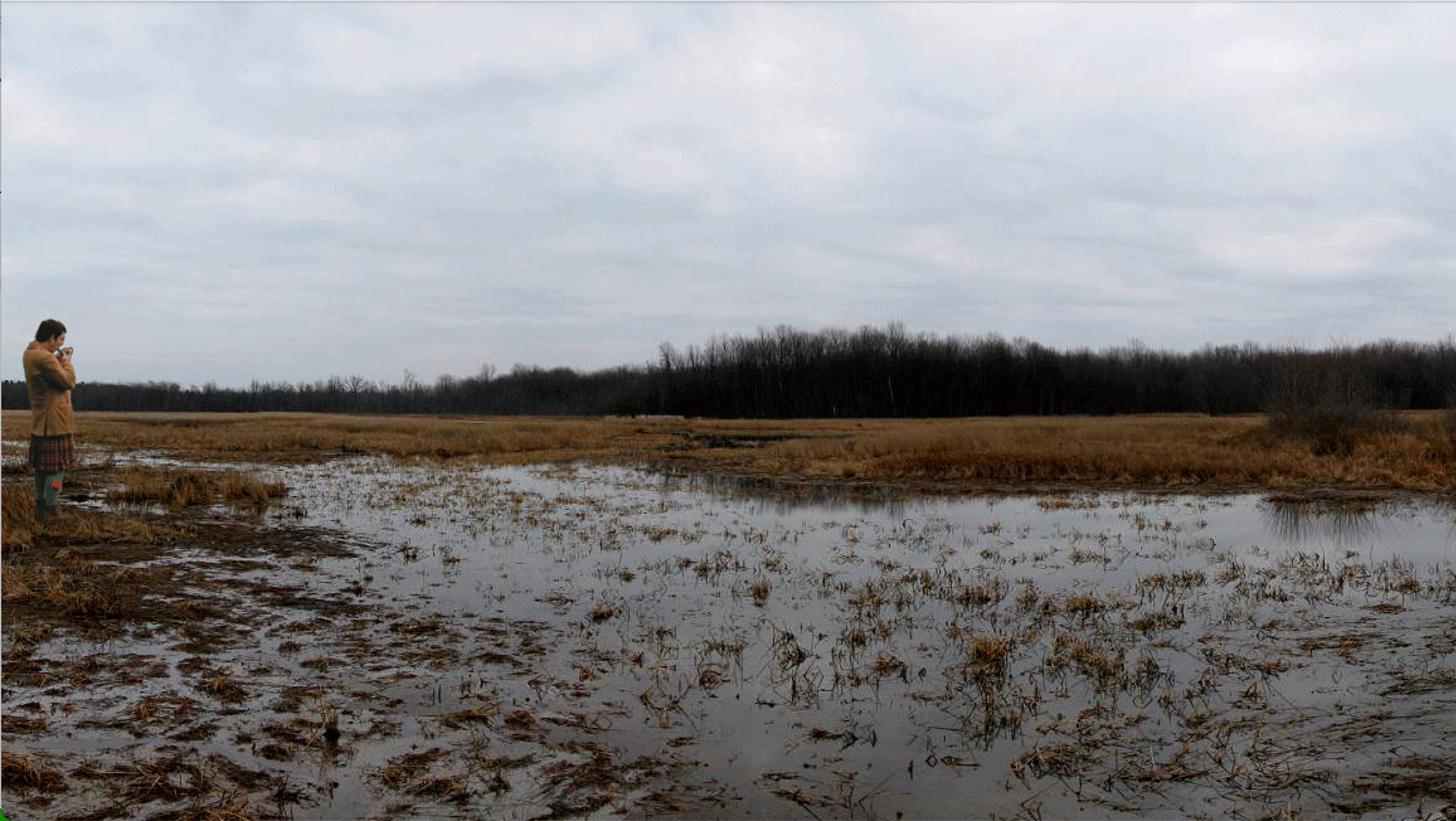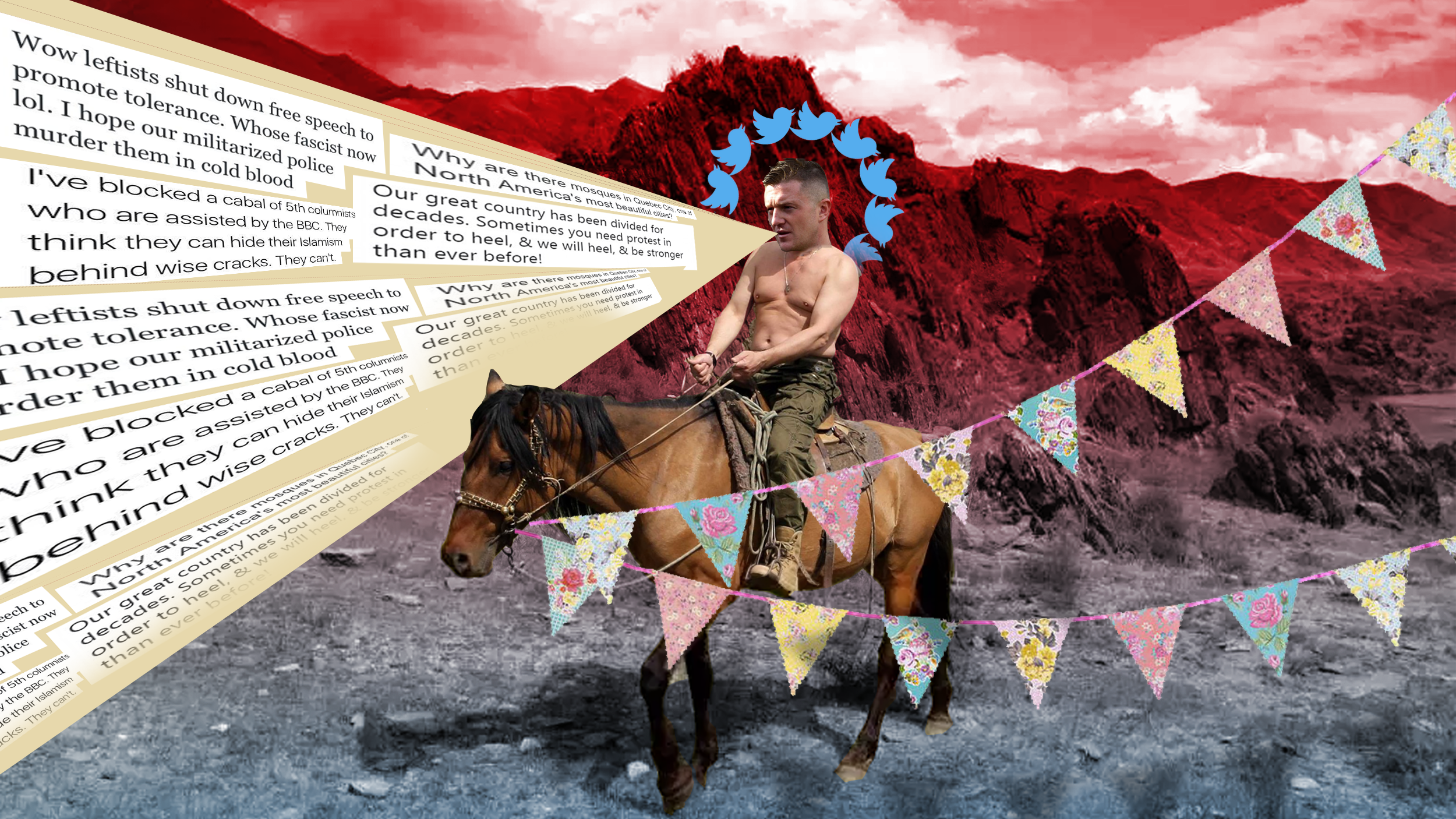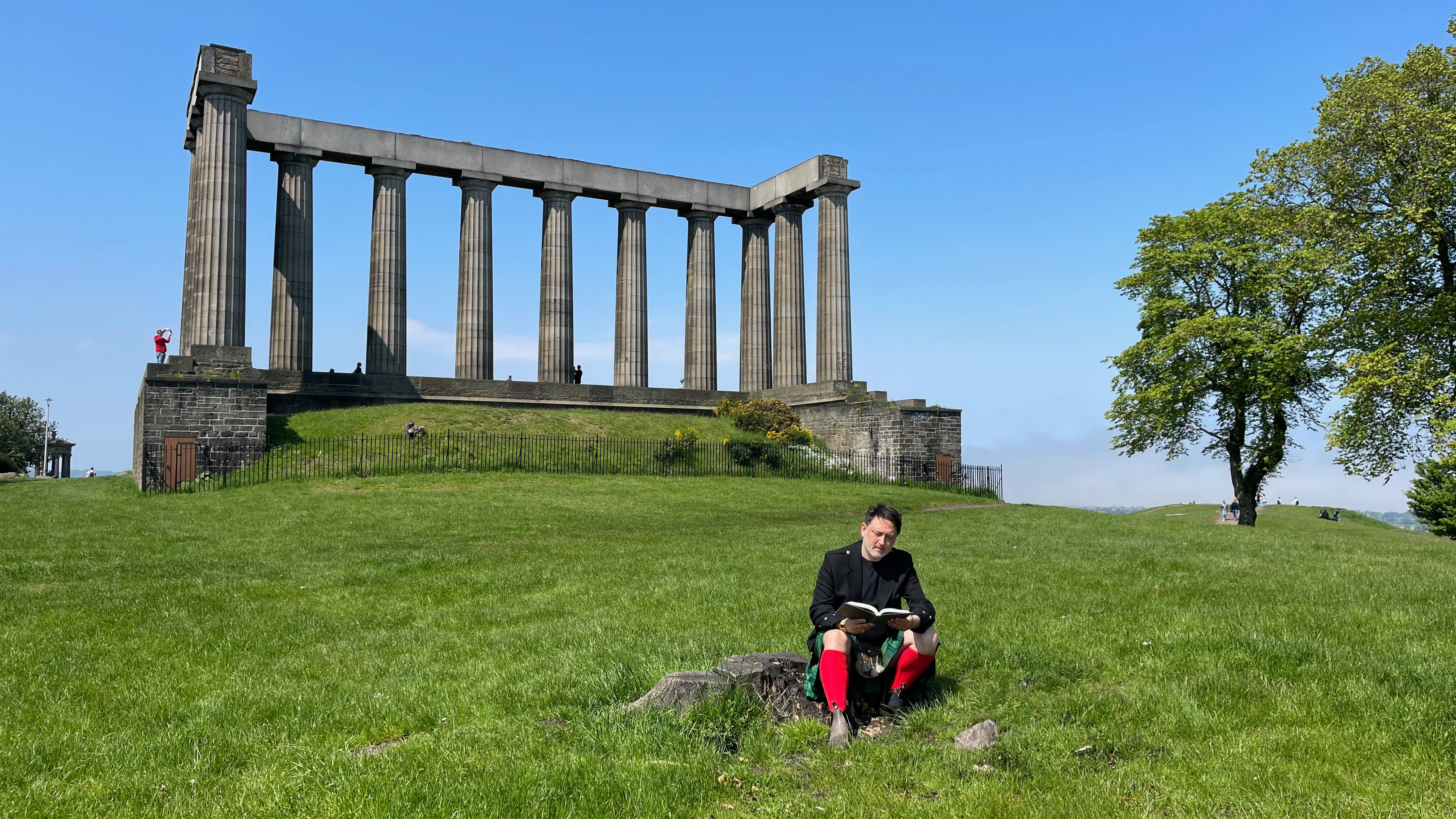The first part of my current artistic research practice consisted of three apologetic performance acts –walking, writing and interacting with war memorials. These acts highlighted my (post)colonial guilt as a white middle-aged male.
Since white men design colonial structures of intolerance into urban public space, I removed myself from my home, the neo-liberal post-oil City of Rotterdam, and retreated to the rural space of my colonized Scottish ancestors, the ancient Royal Burgh of Dornoch.
By removing my physical self from the urban space I, and others like me, dominate, I was able to rediscover my colonized self that was subsumed by the English. I then returned to continental Europe and followed the memorialized paths of the Highland Scottish warrior in Flanders and the Netherlands.
I devised and performed walks of exhaustion, which were always as long as a day’s march on the Internationale Vierdaagse Afstandsmarsen Nijmegen and which used war memorials as waypoints.
I embodied my auto-ethnographic research by wearing Highland Dress while performing my own texts written in Dutch, French, English and Gaelic.
These texts sought to challenge the hagiography of the Scottish warrior, the colonial collective memory of the First and Second European Colonial Tribal Wars (1914-1918, 1939-1945), and confront the lack of Anglo-Franco-Flemish apology for the genocidal crimes of their respective empires.

